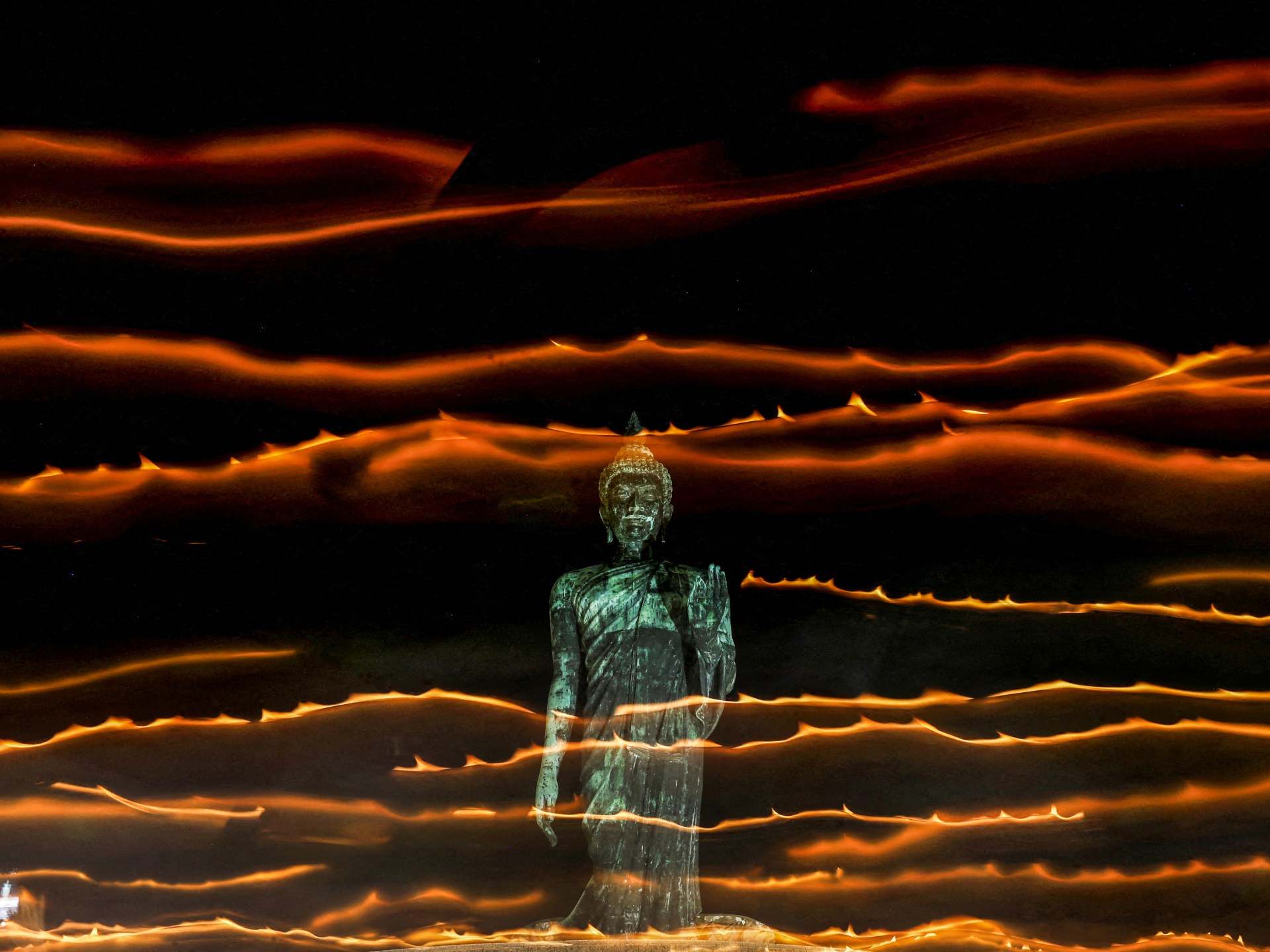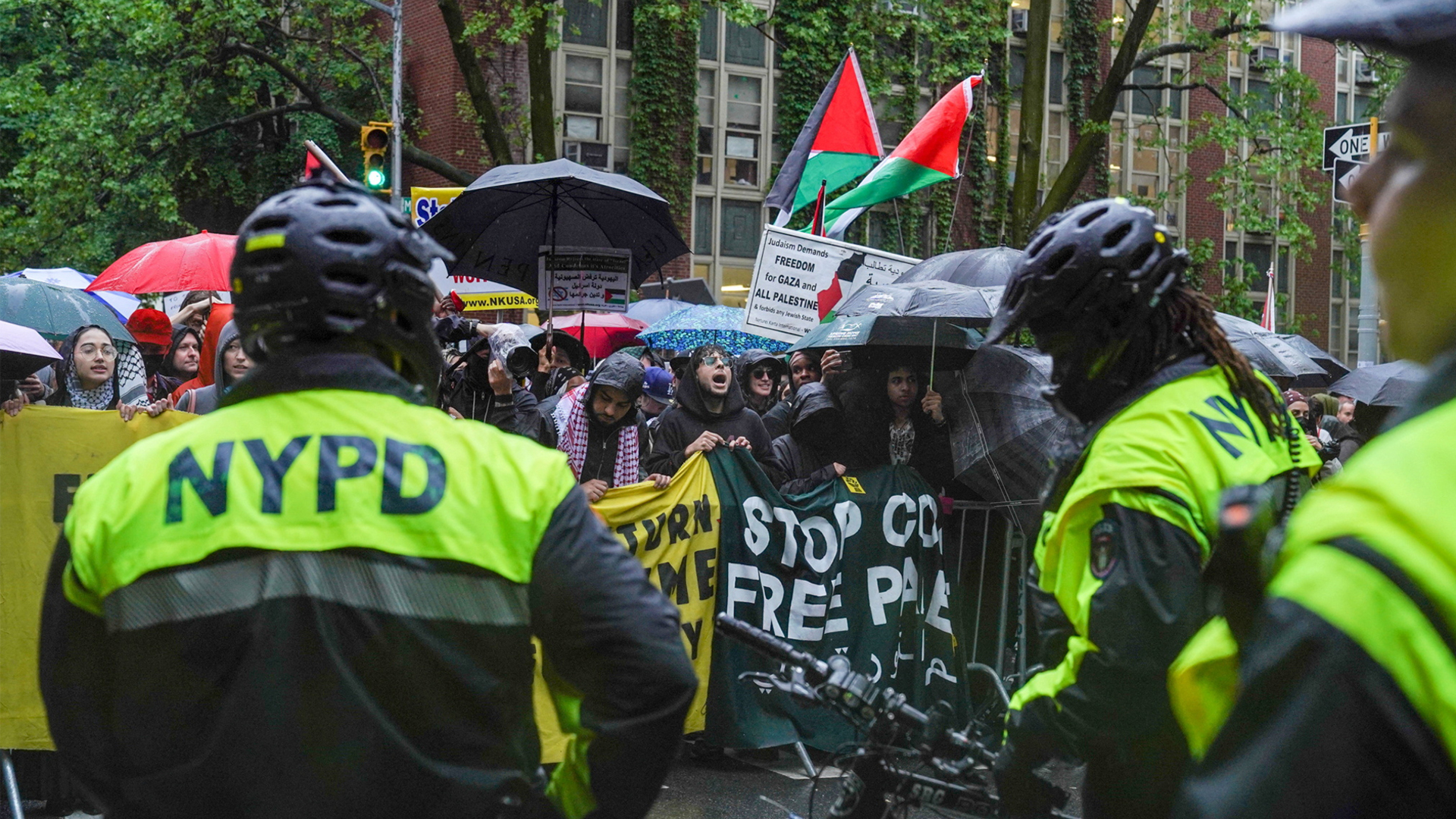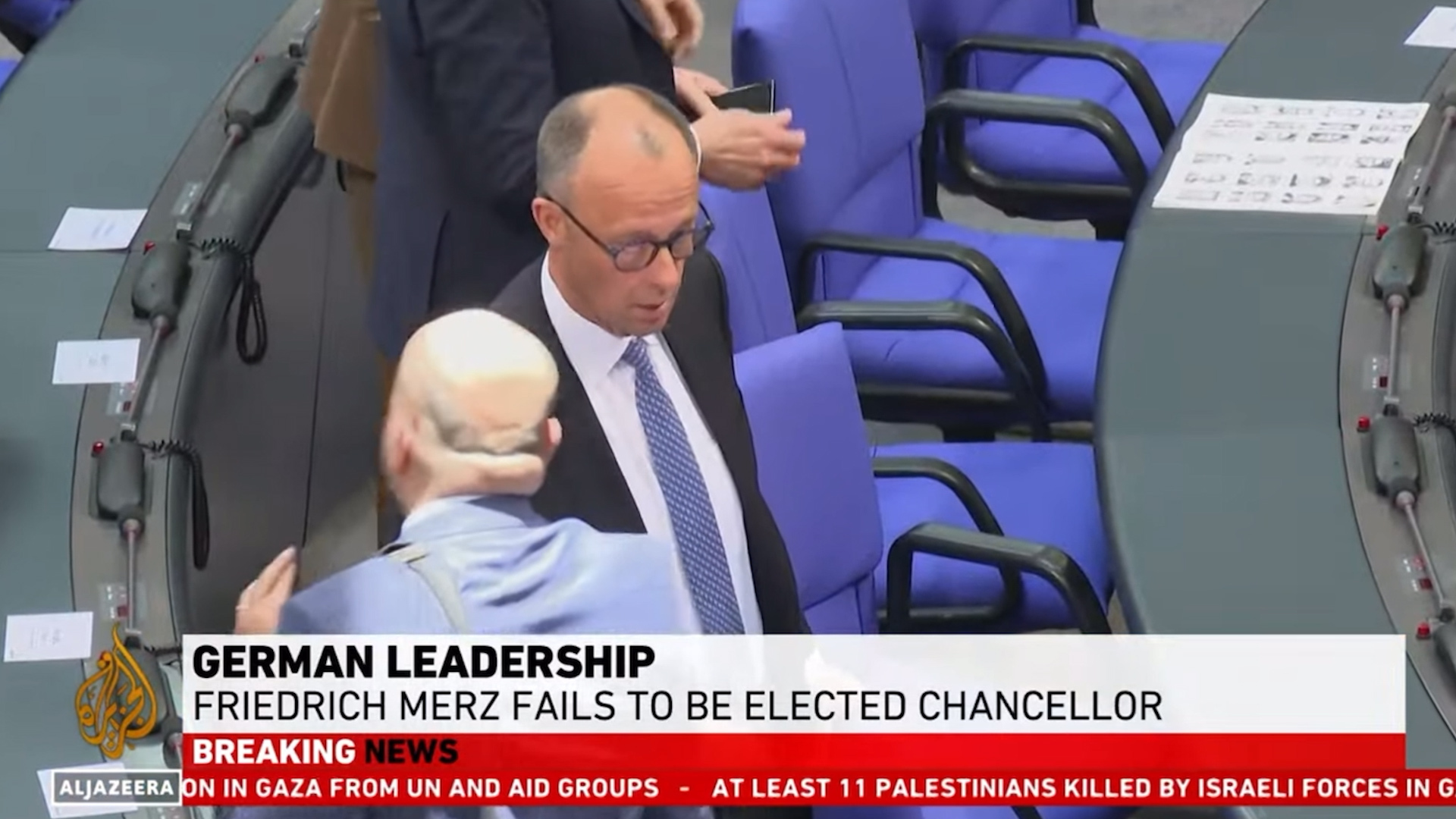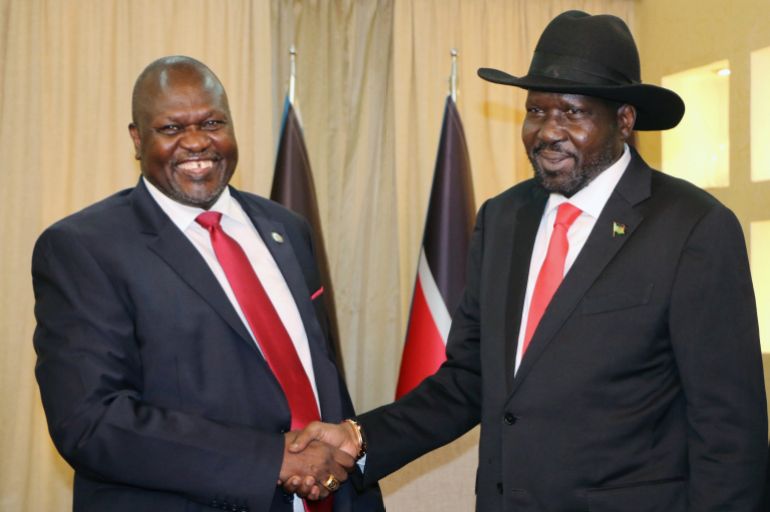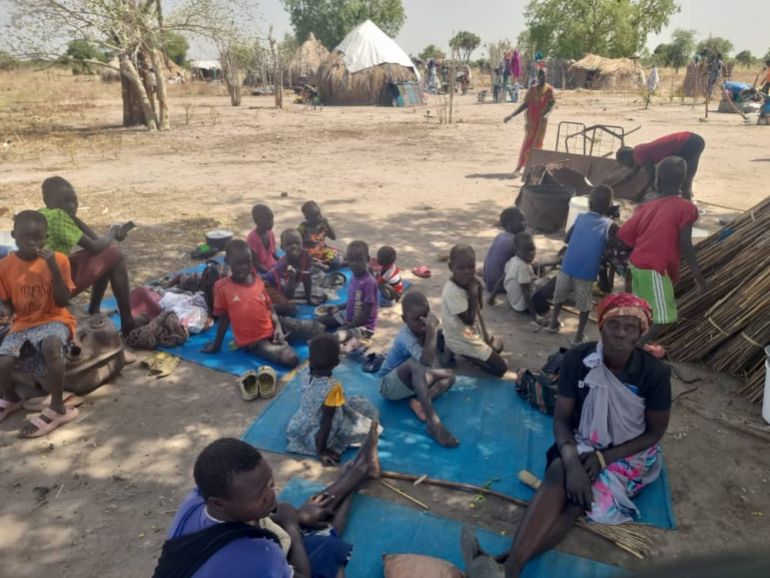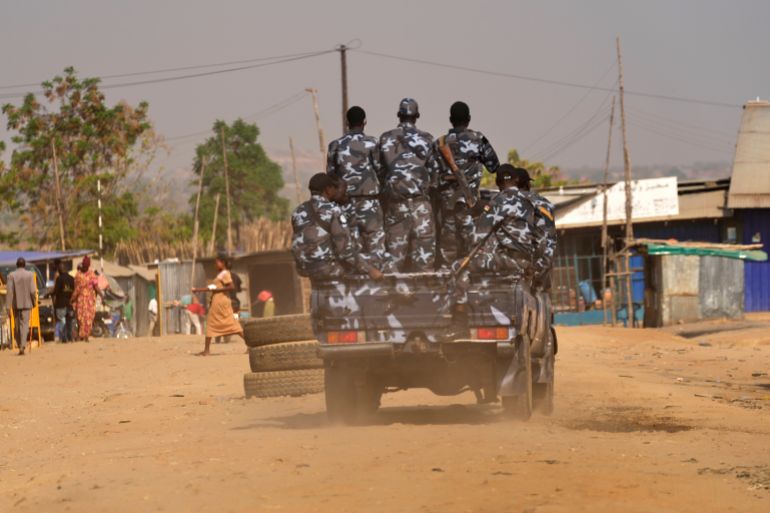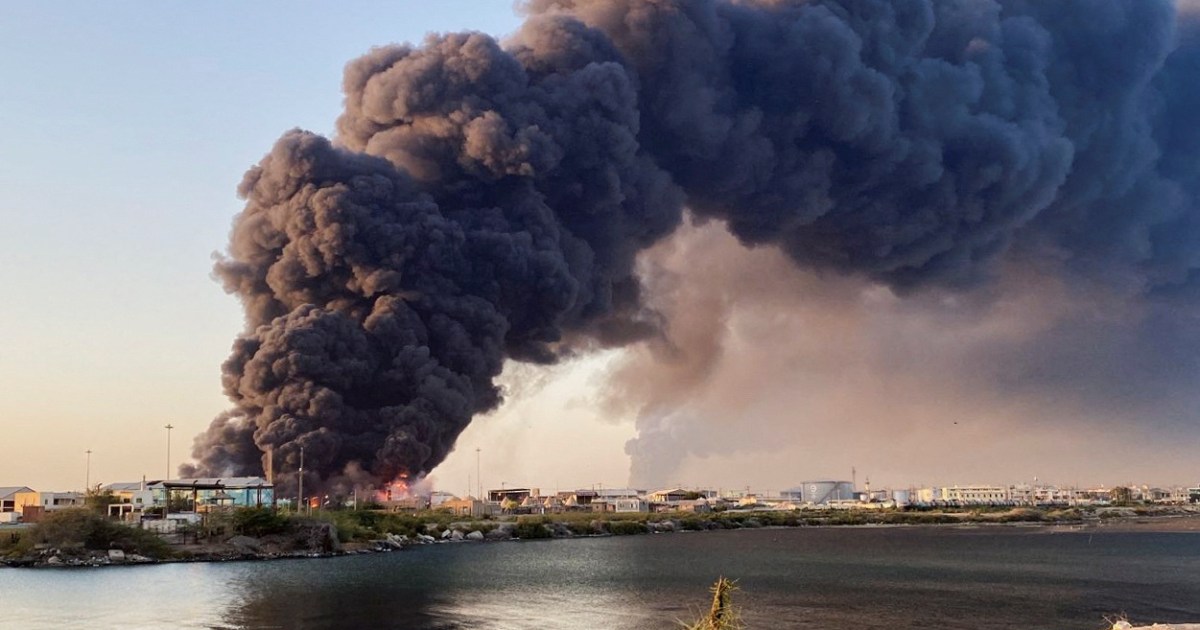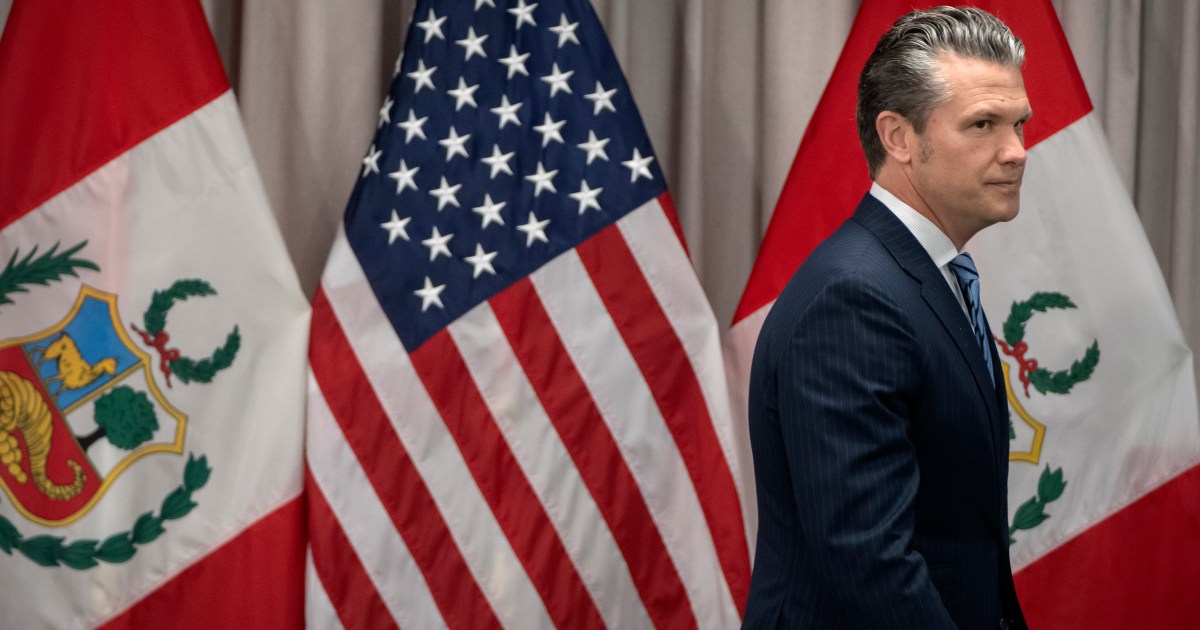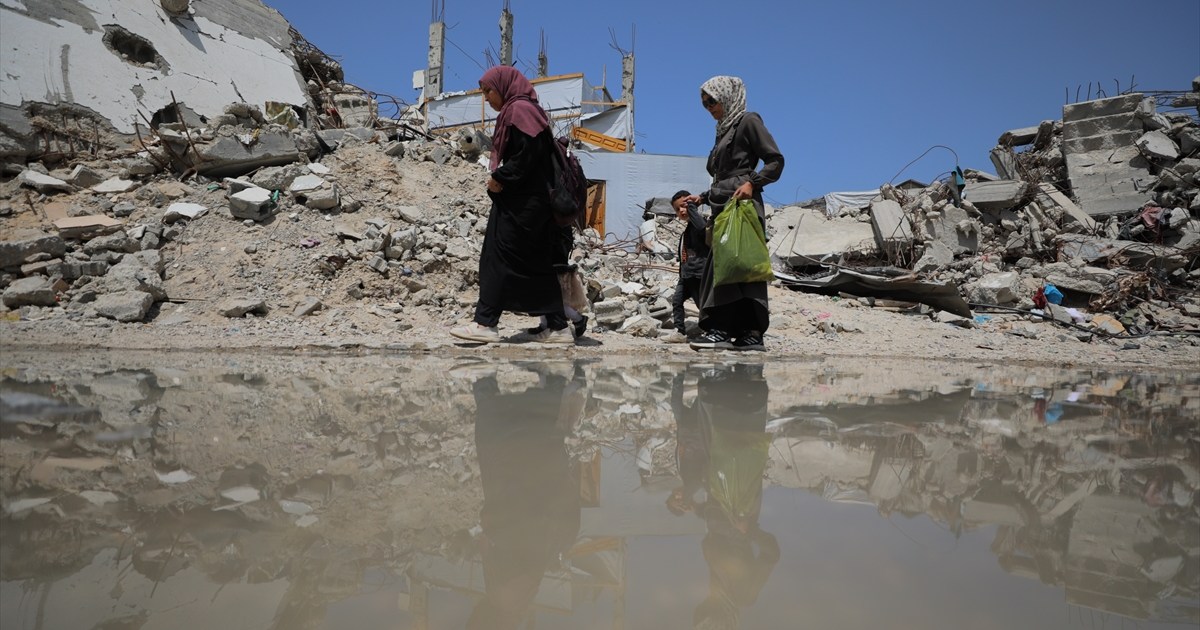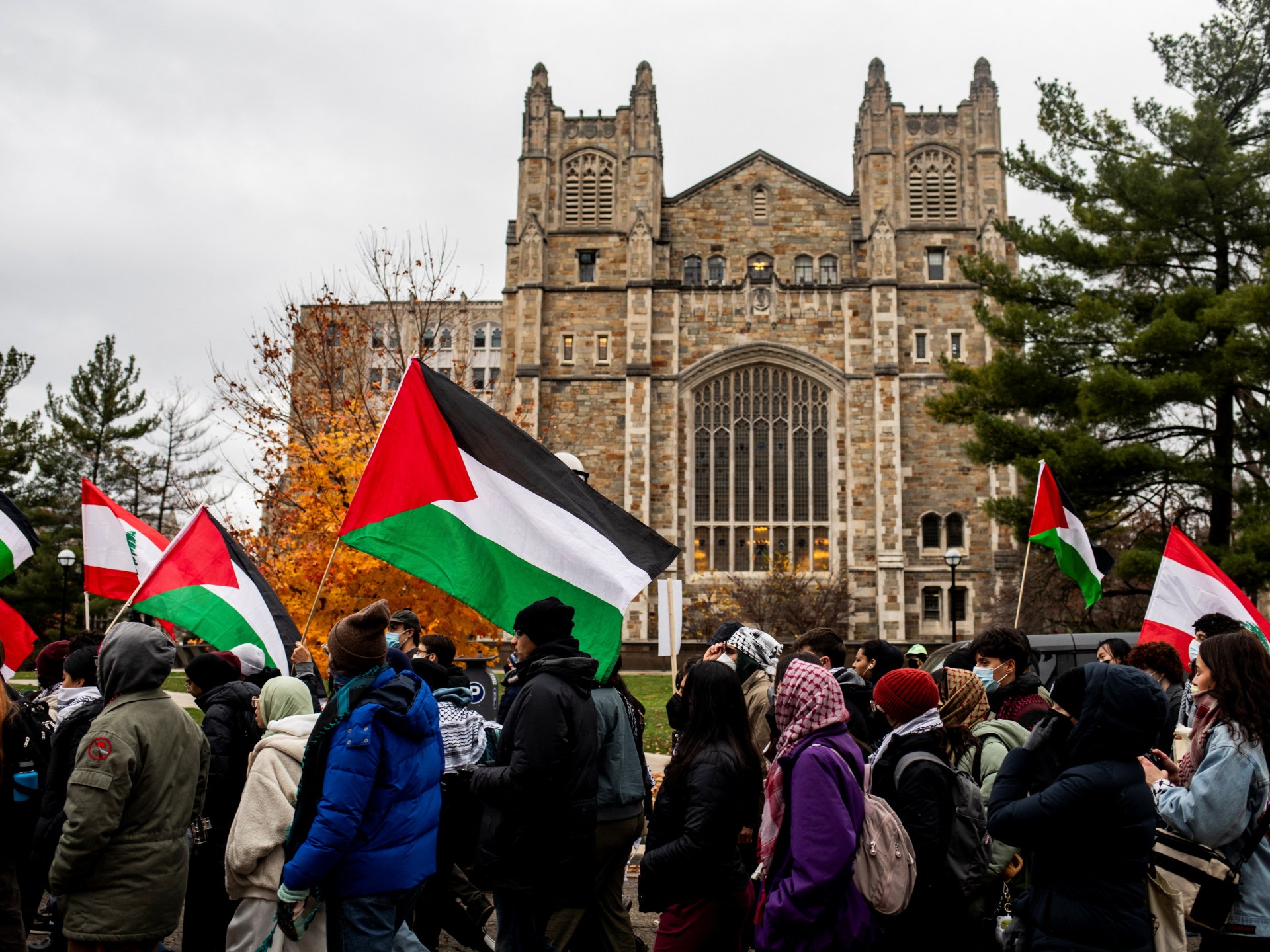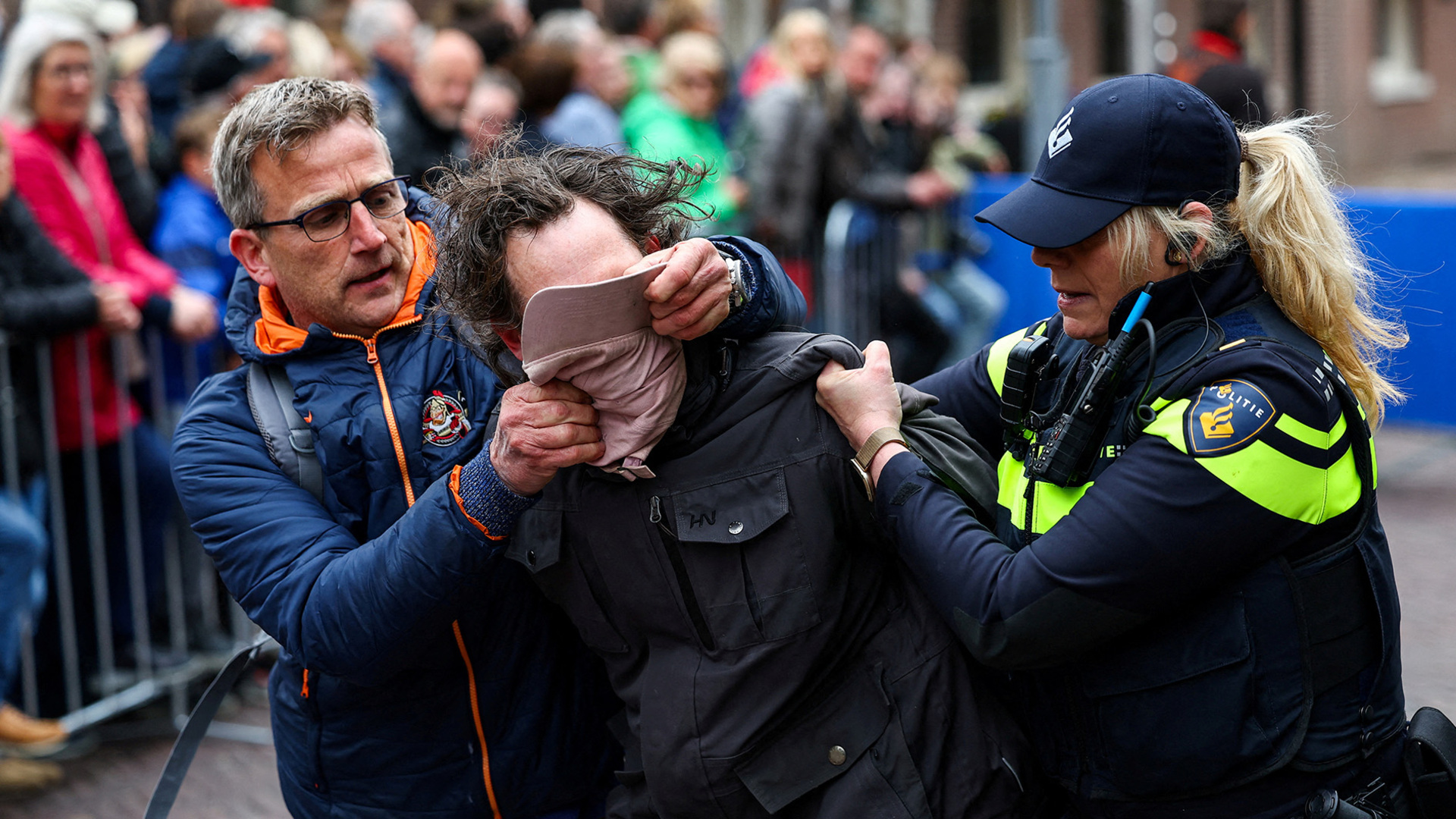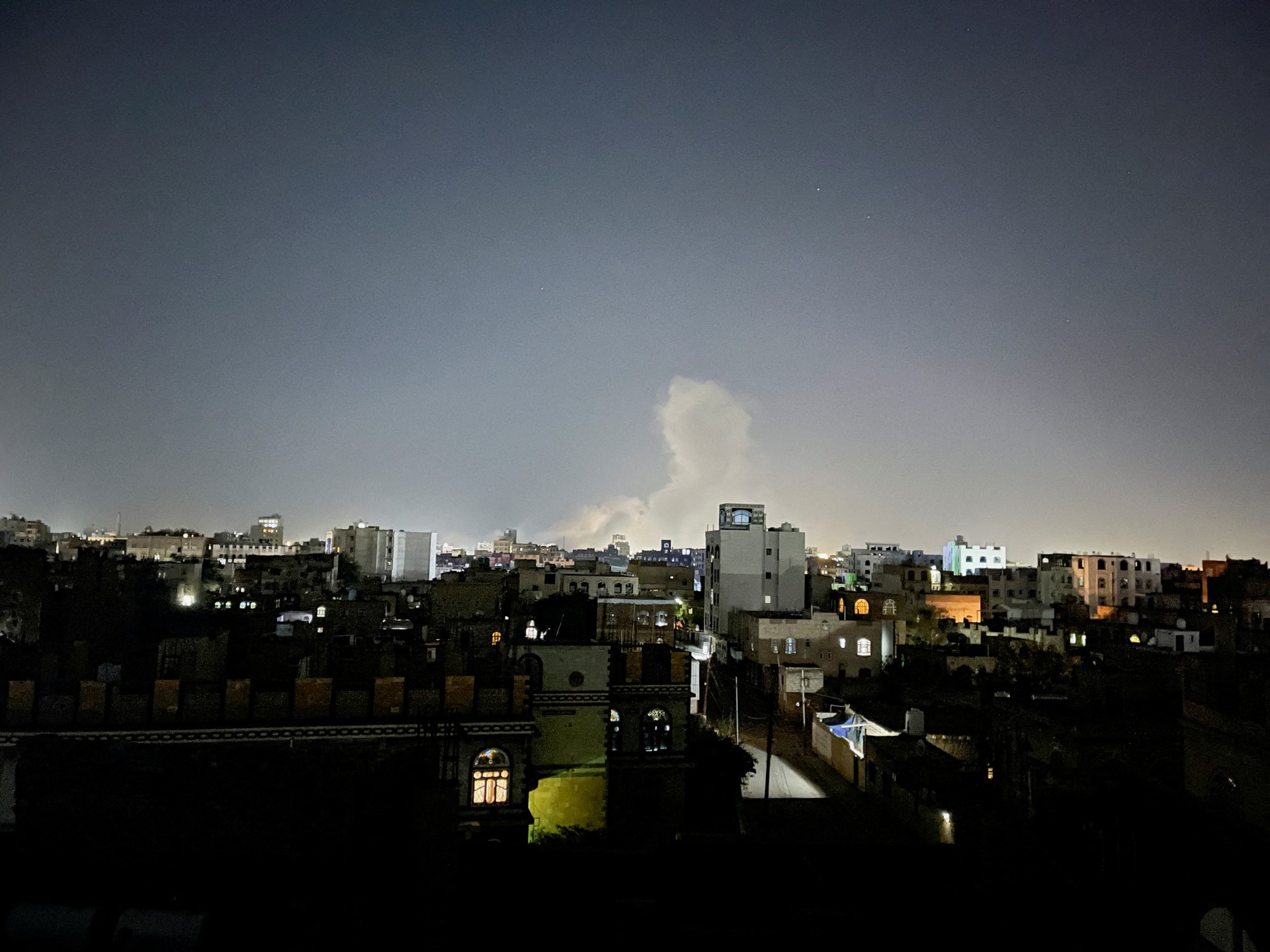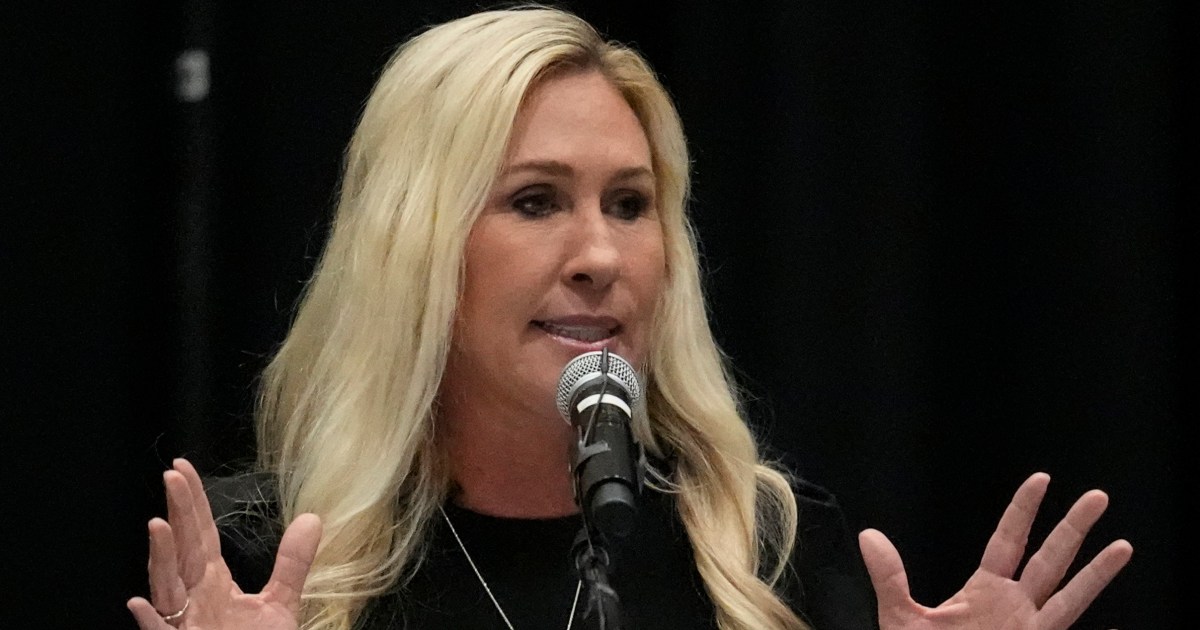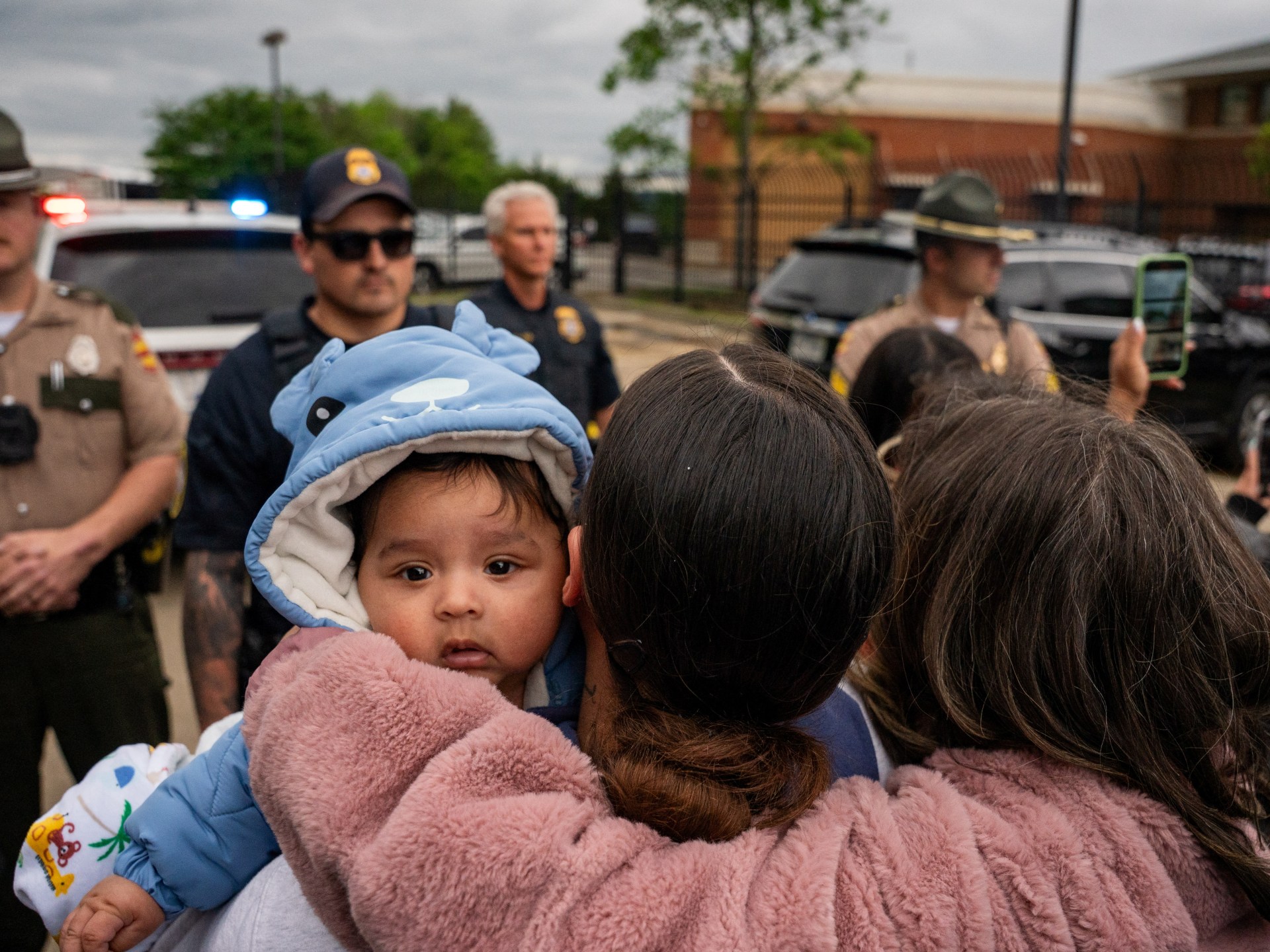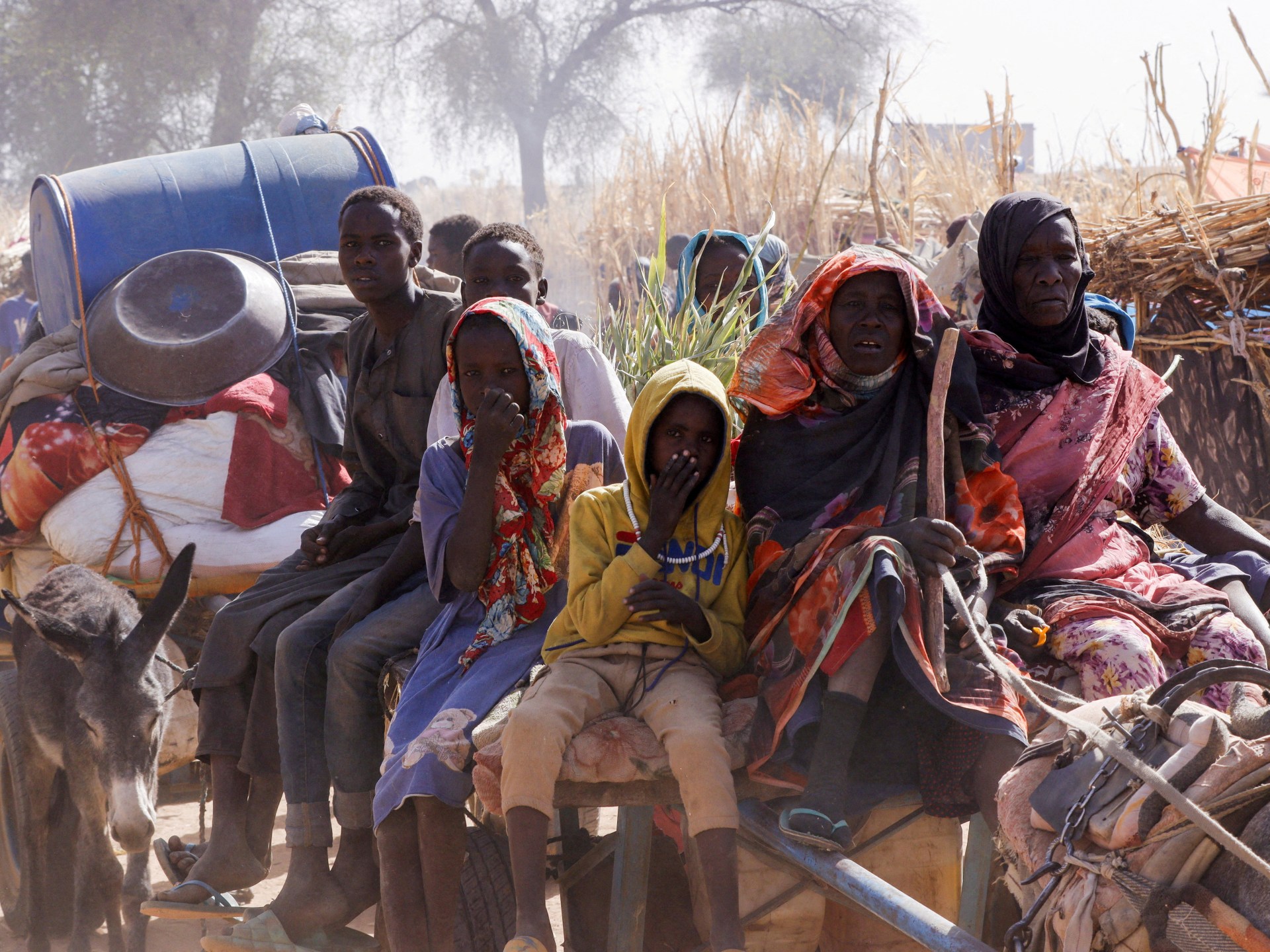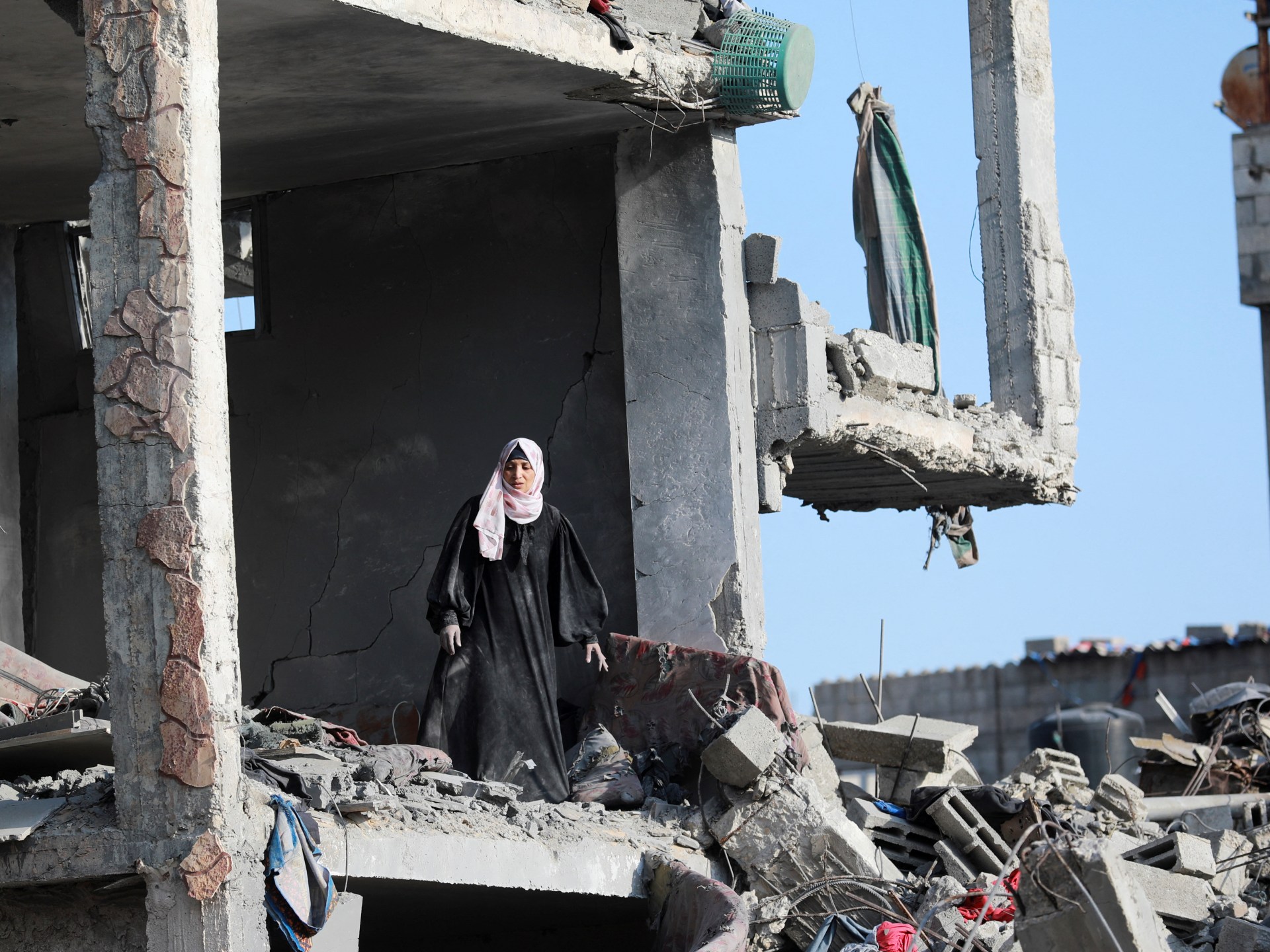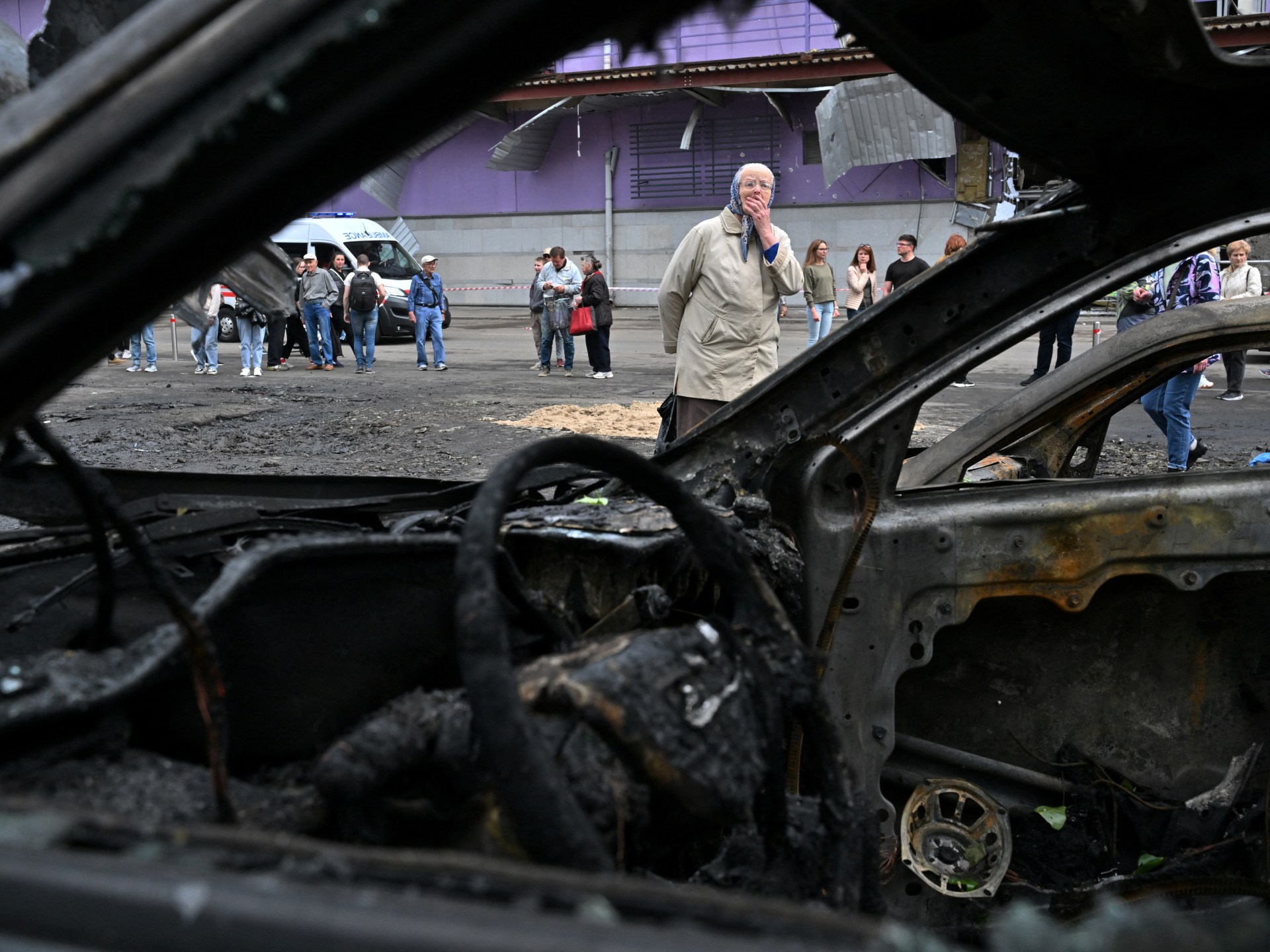What are the Piprahwa gems, and why is India trying to stop their auction? | Arts and Culture News
The Indian government has condemned an auction of ancient Indian gems and issued a legal notice to stop the “unethical” sale of the relics, which it said should be treated as the sacred body of the Buddha.
New Delhi’s Ministry of Culture said the auction of the Piprahwa gems in Hong Kong, scheduled for Wednesday, “violates Indian and international laws as well as United Nations conventions” and demanded their repatriation to India “for preservation and religious veneration”.
The legal writ was served to the Sotheby’s auction house and Chris Peppe, one of three heirs of William Claxton Peppe, a British colonial landowner who in 1898 excavated the gems on his northern Indian estate and kept them as family heirlooms.
A letter posted on the Ministry of Culture’s Instagram account said Peppe, a Los Angeles-based TV director, lacked the authority to sell the relics. Sotheby’s, by holding the auction, was “participating in continued colonial exploitation”, it added.
The ministry does not believe the relics should go under the hammer, saying the gems “constitute inalienable religious and cultural heritage of India and the global Buddhist community”.
What are the Piprahwa gems?
The Piprahwa gems date back to the Mauryan Empire, circa 240 to 200 BC. They have been described by Sotheby’s as “one of the most astonishing archaeological finds of the modern era” and “of unparalleled religious, archaeological and historical importance”.
The precious stones consist of thousands of pearls, rubies, topazes, sapphires and patterned gold worked into jewels and maintained in their natural forms.
They were originally buried in a dome-shaped funeral monument called a stupa in Piprahwa in modern-day Uttar Pradesh, India’s largest state.
They are believed to be mixed with some of the cremated remains of the Buddha, who died about 480 BC.
The British crown claimed William Peppe’s find under the 1878 Indian Treasure Trove Act, and the bones and ash were given to the Buddhist monarch King Chulalongkorn of Siam in present-day Thailand.
Most of the 1,800 gems went to what is now the Indian Museum in Kolkata. But Peppe was permitted to retain about a fifth of them, some of which were described as “duplicates” by British colonial administrators at the time.
What the controversy is about
The gems are expected to sell for 100 million Hong Kong dollars (US$13m) at Sotheby’s in Hong Kong on Wednesday. But the sale has raised eyebrows.
Commentators argued that the Piprahwa gems are the heritage of both the Buddha’s descendants and of Buddhists worldwide.
“Are the relics of the Buddha a commodity that can be treated like a work of art to be sold on the market?” Naman Ahuja, a Delhi-based art historian, told the BBC. “And since they aren’t, how is the seller ethically authorised to auction them?
“Since the seller is termed the ‘custodian’, I would like to ask – custodian on whose behalf? Does custodianship permit them now to sell these relics?” he asked.
For its part, India’s government has called on Sotheby’s and Chris Peppe to halt the sale of the gems, issue a public apology to Buddhists worldwide and to provide a full disclosure of the provenance of the relics.
Failure to comply, according to the letter on the Ministry of Culture’s Instagram page, would result in legal proceedings in Indian and Hong Kong courts and through international bodies “for violations of cultural heritage laws”.
The ministry added that it would launch a public campaign highlighting Sotheby’s role “in perpetuating colonial injustice and becoming a party to [the] unethical sale of religious relics”.
It said the sellers “had no right to alienate or misappropriate the asset, … an extraordinary heritage of humanity where custodianship would include not just safe upkeep but also an unflinching sentiment of veneration towards these relics”.
The letter also noted that “the relics of the Buddha cannot be treated as ‘specimens’ but as the sacred body and originally interred offerings to the sacred body of the Buddha” and the proposed auction “offends the sentiments of over 500 million Buddhists worldwide”.
Earlier this year, Chris Peppe told the BBC that his family explored donating the ancient gems. However, he said an auction seemed the “fairest and most transparent way to transfer these relics to Buddhists”.
He also wrote a post on Sotheby’s website in February in which he said: “I wanted the power of these gems to reach everyone, Buddhist or not.”
After this week’s private sale, he said, “I hope that many people will be able to see the gems and connect with the Buddhists who gave them over two thousand years ago, with our shared human experience of wonder and awe and with the Buddha and his teachings.”
Have such auctions been controversial in the past?
Museums in the West have rarely been forced by legal rulings to give up artefacts taken from the Global South during colonial rule. However, some have handed stolen objects back to their countries of origin under public pressure
In 2022, for instance, six artefacts looted by British soldiers 125 years ago from Benin City in what is now Nigeria were repatriated from the Horniman Museum in South London to Nigeria’s National Commission for Museums and Monuments.
That same year, Germany handed over two Benin Bronzes and more than 1,000 other items from its museums to Nigeria. “It was wrong to take the bronzes, and it was wrong to keep them,” said Annalena Baerbock, Germany’s foreign minister.
But instances of successful repatriations are far outnumbered by private auctions of stolen artefacts. In 2020, for instance, Christie’s went ahead with the sale of Igbo statues that Nigerian museum officials said were stolen during the country’s civil war in the 1960s.
Another high-profile case was the sale of a 3,000-year-old quartzite head of the Egyptian “boy king” Tutankhamun, auctioned off in the United Kingdom despite an outcry in Egypt, which claimed the piece was likely removed from the country illegally.
Countless antiquities are sold off every year by exclusive auction houses, denying many developing countries their historical patronage.
